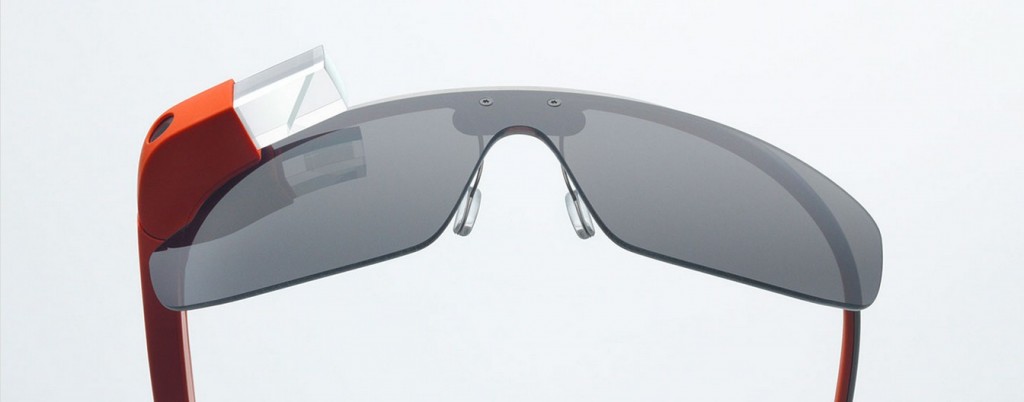

Unless you’ve been living under a rock — a rock without wi-fi — you know that wearable technology is the Next Big Thing. From rings to running shoes to the fabrics in our clothes, we’ll soon carry around a host of gadgets that record our lives, monitor our health, and, of course, pester us with coupons from every coffee shop we pass.
The most high-profile of these soon-to-arrive gadgets is Google Glass. But strange as it may seem, some folks aren’t so keen on the idea of people peering constantly into the middle distance to check their Facebook news feed.
Among those folks: legislators, who are especially worried about distracted driving. Heck, Google Glass isn’t even officially on sale yet, and already elected officials in West Virginia and Wyoming are trying to prevent drivers from wearing it. And a woman in California received a traffic ticket for sporting Google Glass behind the wheel.
Next, the battle heads to New York, where Brooklyn Assemblyman Felix Ortiz has proposed banning Google Glass for drivers in the Empire State. He’s described the device as “extremely dangerous technology” and has introduced a bill to outlaw anyone from wearing it while driving.
Our Take
We understand the concerns that Ortiz and some of his colleagues have about Google Glass. Obviously, anything that can distract drivers from the task at hand seems like a very, very bad thing, and Google Glass looks like one of the biggest potential distractions yet.
However, we also understand that this genie is out of the bottle. Wearable technology is coming, whether we like it or not. Rather than banning devices like Google Glass outright, we’d like to see legislation that keeps people safe, but also acknowledges that this new technology is quickly going to become a part of people’s daily lives.
For example, many states govern the ways in which drivers use their cell phones by prohibiting texting or requiring that calls be made hands-free. But no state in the country prohibits drivers from using their phones entirely. Even Diaz knows that: he helped craft New York’s cell phone law.
And just to be clear: lawmakers shouldn’t be solely responsible for ensuring that wearable devices are safe. Some of that burden falls on the shoulders of gadget-makers, too. Google, for example, should create an easily activated “do not disturb” feature on Glass like the one found in the current iPhone operating system, which would turn itself on when the device is being worn by a driver. Encouragingly, other Google Glass features and apps already exist to help keep drivers awake and focused.
Will Diaz’s bill pass? We’d give it a 50/50 shot. On the one hand, it seems like a sensible bill that could garner widespread support. On the other hand, it’s coming from the same man who tried to outlaw salt in New York restaurants, which may have cost him a few friends in Albany.
This article, written by Richard Read, was originally published on The Car Connection, a publishing partner of Popular Science. Follow The Car Connection on Facebook, Twitter , and Google+.
More From The Car Connection
2015 Ford Mustang Video: 2014 Detroit Auto Show
How Many Tesla Model S Electric Cars Have Been Built So Far?
2015 Ford F-150 Video Preview: 2014 Detroit Auto Show
